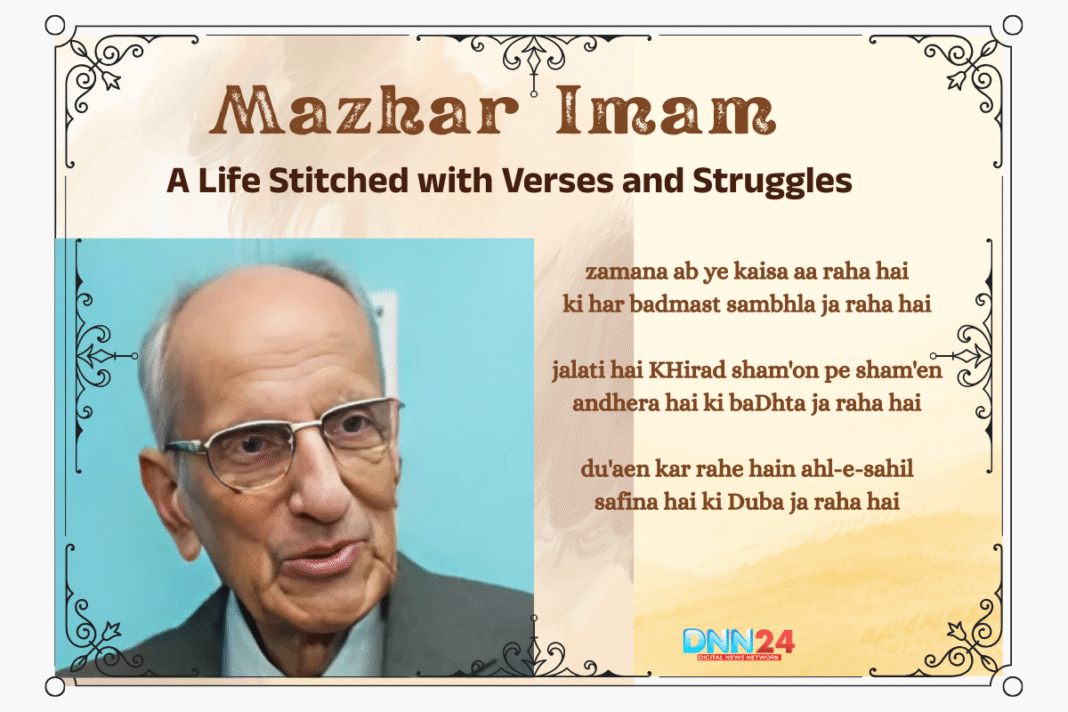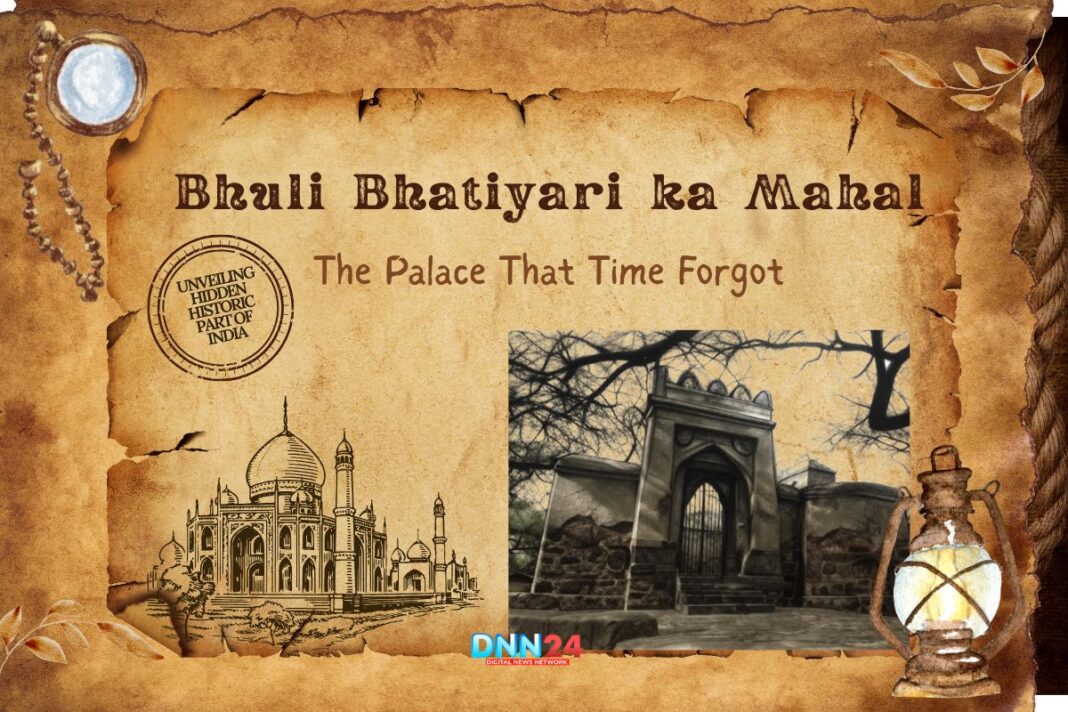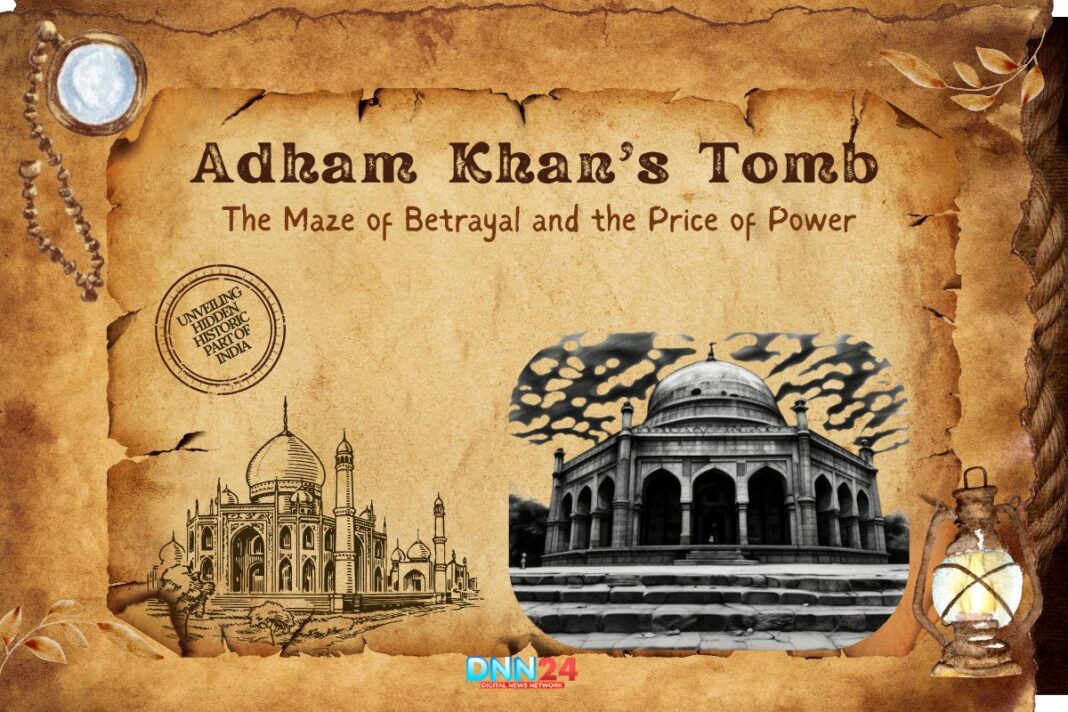Born on 12 March 1928 in Monghyr, Bihar, Mazhar Imam’s childhood was woven with modesty and deep longing for learning. Growing up in a family where his father was a postmaster, Mazhar’s early years were far removed from the world of literary stardom. Books were his silent companions; stories and ghazals became the echo of his everyday reality.
zindagi kawish-e-baatil hai mera sath na chhoD
Mazhar Imam
tu hi ek umr ka hasil hai mera sath na chhoD
Imagine a young boy, in the narrow lanes of Darbhanga, collecting scraps of newspapers and scribbling verses on the margins, raw hopes woven with the scent of rain-soaked soil and the hum of local trains. Life was never straightforward. Even as a teenager, Mazhar Imam faced financial hardships, yet his passion for learning never wavered.
apne khoe hue lamhat ko paya tha kabhi
main ne kuchh waqt tere sath guzara tha kabhi
He would wake up at dawn, help his family, and then lose himself in the writings of classical Persian and Urdu poets. Struggles were many, sometimes the lamp oil ran out at midnight and he recited verses to stay awake. It’s said in local lore that Imam once trekked seven kilometers just to borrow a book on Mir Taqi Mir, only to return home, exhausted but exhilarated, and write all night. These formative stories testify to his undying resolve.
nai barish ki rim-jhim mein libas-e-gham to badlega
Mazhar Imam
wahi rasm-e-chaman hogi magar mausam to badlega
Through sheer grit and remarkable focus, Imam secured his M.A. degrees in Urdu and Persian, achievements that made him the pride of his village and the hope for every aspiring poet in the region. But more important than degrees was the heart that beat restlessly for verse, a heart sculpted from struggle, longing, and fearless dreams.
From Schoolteacher to Cultural Voice
Mazhar Imam’s entry into adult life was marked by a persistent quest to give voice to ordinary experience. Starting his career as a schoolteacher in Muzaffarpur, Imam’s real challenge wasn’t just to teach, but to find sunlight for his own creativity in grim classrooms and bustling corridors. He joined a daily newspaper in Calcutta in 1951, cutting his teeth on everyday stories, each headline a new lesson in empathy and the power of words.
ek guzarish hai bas itna kijiye
Mazhar Imam
jab kabhi fursat ho aaya kijiye
There were lean years, and tales rarely told. Once dismissed by a publisher for being too “experimental,” Imam spent weeks locked in a hostel room, putting together verses that would later become part of his first book, “Zakhm-e-Tamanna” (1962). Local friends recall an incident where he wrote a ghazal on a scrap of brown wrapping paper and delivered it to a literary meet because he couldn’t afford clean sheets, a gesture that moved the gathering to applause and tears, revealing the true measure of his humility.
saneha ye bhi ek roz kar jaunga
waqt ki palki se utar jaunga
Imam’s time at All India Radio from 1967 marked a sea change. Here, his world widened. He wrote scripts, edited cultural programs, and engaged with thinkers and poets across India. His tenure at AIR, later as Director at Doordarshan Srinagar, brought both professional challenges and immense creative rewards. The rhythms of radio, the urgency of television news, and the soft cadence of poetry, Imam blended all into his own language of compassion and reflection.
koson dur kinara hoga
kashti hogi dariya hoga
Despite accolades, his real struggles lay in balancing bureaucratic demands with artistic freedom. There were days when deadlines suffocated creativity, but Imam’s resolve never faltered. He believed that poetry should reflect truth, raw, simple, and unadorned. He once confided to a close friend that his toughest battle was “not with poverty, but with moments when words refuse to come”—a sentiment every artist understands deeply.
Innovation Amidst Tradition: The Azad Ghazal and Literary Revolution
More than any award or title, Mazhar Imam’s greatest legacy is his role as a reformer of Urdu poetry. With the creation of the Azad Ghazal (free-form Ghazal), Imam rewrote the rules, blending tradition with a modern sensibility. In the 1940s, as Urdu poetry faced the tide of progressive realism and exaggerated romanticism, Imam set forth with a nuanced, measured modernism, finding new rhythms, new metaphors, and new ways to speak to collective human experience.
duniya ka ye eazaz ye inam bahut hai
Mazhar Imam
mujh par tere ikram ka ilzam bahut hai
This innovation did not come easily. Many critics resisted, claiming “free” ghazal diluted the soul of classic poetry. Imam, fueled by endless courage, took every rejection as a new lesson. One little-known anecdote involves a fiery debate at a poetic symposium in Patna, where Imam stood his ground for hours, defending the Azad Ghazal. His belief was unwavering: poetry should evolve, carry the weight of new times, and engage with reality without losing its emotional core.
apne riste hue zaKHmon ki qaba laya hun
zindagi meri taraf dekh ki main aaya hun
His masterpieces, “Zakhm-e-Tamanna,” “Rishta Goonge Safar Ka,” “Pichle Mausam Ka Phool,” and “Band Hota Bazaar”, are testaments to this philosophy. Imam’s ghazals painted not just love and longing, but existential anxiety, social alienation, and the mute silence of urban life. He wrote about riding empty trains, watching forgotten faces, and longing for lost summers. His poetry reached readers’ hearts, not just as beautiful language, but as shared collective memory.
apne riste hue zaKHmon ki qaba laya hun
zindagi meri taraf dekh ki main aaya hun
Perhaps the most touching story is that of his Sahitya Akademi Award in 1994, received for “Pichle Mausam Ka Phool.” The script he submitted had almost been lost to a monsoon downpour, only to be recovered and rewritten painstakingly from memory, a symbol of how real art is never defeated by adversity but is reborn in new forms and new hope.
Legacy of Heart: The Man Behind the Verses
Beyond poetry, Mazhar Imam was a mentor, a critic, and an unsung hero of Indian literature. He was known for his gentle advice to young writers, his willingness to read unpublished manuscripts, and his generosity with encouragement. One untold episode, rarely found in archives, is how Imam donated most of his prize money from a literary award to a struggling young poet from Bihar, believing that “art grows only where the soil is tender and giving.”
apne riste hue zaKHmon ki qaba laya hun
Mazhar Imam
zindagi meri taraf dekh ki main aaya hun
Imam’s personal life was a tapestry woven with ups and downs, loss, hope, rediscovery. After retiring in 1988, he dedicated time to exploring Ganga-Jamuni Tehzeeb, promoting India’s inclusive heritage, and hosting sessions where poets from all backgrounds shared stories and verses. Even in his last years in Delhi, Imam spent evenings with friends, remembering long-lost verses and reciting couplets beneath the shade of old trees, a living monument to the endurance of true art.
ye tajraba bhi karun ye bhi gham uThaun main
Mazhar Imam
ki KHud ko yaad rakhun us ko bhul jaun main
His passing in 2012, at the age of 84, left behind a legacy not counted in books alone, but in lives touched and hearts awakened. Mazhar Imam remains, above all, a poet of the people, whose journey through hardship and renewal continues to inspire generations. His belief that “words stitched from struggle are the ones that last” lights the way for all who dare to dream beyond the boundaries of circumstance.
har ek shaKHs ka chehra udas lagta hai
Mazhar Imam
ye shahr mera tabiat-shanas lagta hai
Mazhar Imam’s life is not only a chronicle of poetic achievement but also an everyday epic, the story of how simple dreams and silent persistence can shape culture, community, and the future of literature.
Also Read: Mother Teresa: From Darkness of Doubt to Light of Compassion
You can connect with DNN24 on Facebook, Twitter, and Instagram and subscribe to our YouTube channel.



